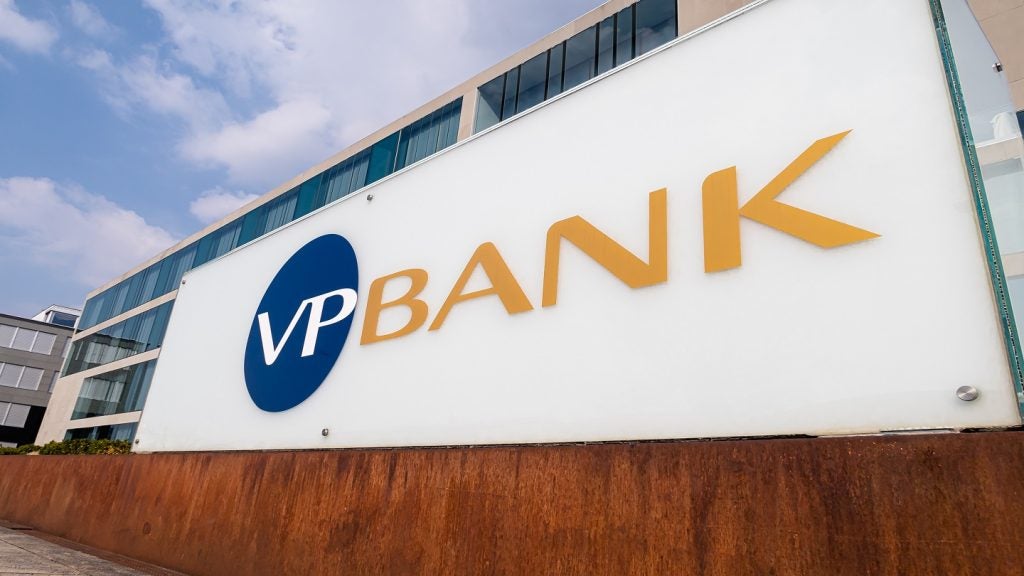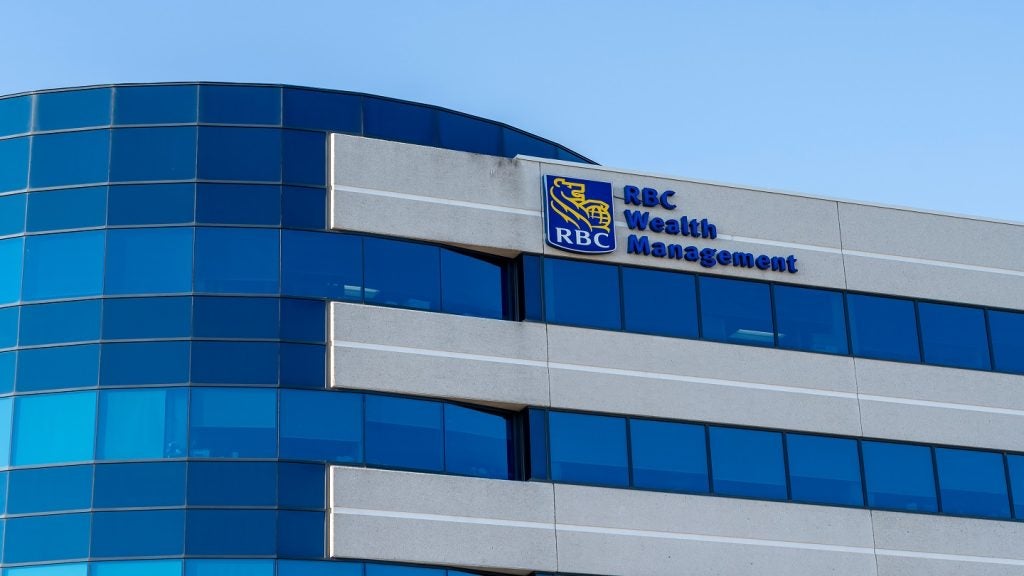The Middle East’s Arab Spring, the European debt crisis,
and the fallout from Japan’s earthquake
have reinforced how geo-political and country risks are a crucial
part of how private banks assess risk. Ilya Timofeyev investigates
how banks advise on geo-political risk.
One of the chief lessons of the
recent financial crisis has been the importance of accurately
pricing risk. The Middle East’s Arab Spring, European debt crisis,
and Japan’s tsunami have shown how global events form an important
part of private banks’ investment processes.
Have private banks increased the
weight they give to geo-political influences in light of recent
events? How do they gather this information and ultimately have
these new risks changed client behaviour?
Changing attitudes to
risk
Understanding client’s risk
appetite has become a key feature of the post-crisis offering for
private banks.
In February, Bank of
America/Merrill Lynch (BofA/ML) announced it had signed a
multi-year agreement with global political consultancy Eurasia
Group to provide political risk analysis to the bank’s global
wealth and investment management clients. Citi Private Bank has had
in-house expertise from Tina Fordham, the bank’s senior global
political analyst, since 2003.
Most private banks told
PBI that clients were more aware of risk, but banks’
approach to advising on risk has not changed dramatically in recent
years.
George King, UK-based head of
portfolio strategy and investment consulting at RBC Wealth
Management, says clients’ focus and the range and sharpness of the
conversations have included more risk conversation in the past
several years.
“In the last six to nine months,
there have been several acute periods of spiked focus around risk
events of some kind,” King says. “Whether it is the events in
Japan, what is happening in Middle East/North Africa [MENA], or the
various episodes of the European debt crisis,” he adds.
Heinrich Baer, UBS head of wealth
management for the Arabian Gulf, explains the bank’s whole advisory
process is based on client needs.
“There are many factors, including
market risk, debt situations and perceived geopolitical
instability, which have the ability to influence a client’s
attitude to risk. And of course proximity to any or all of these
factors may also influence that attitude,” Baer says.
Credit Suisse’s Mike O’Sullivan,
head of research at its private bank, agrees that given the recent
Eurozone debt crisis people are perhaps more aware of country
risk.
“Some people justifiably have a
long-term and optimistic view [as it was in the case of Turkey and
Indonesia], that the good can come from a political change,”
O’Sullivan adds.
Andrey Veklov, chief executive at
Uralsib | Bank 121, the private banking arm of Russia’s Uralsib
Financial Corporation, has a very different perspective. He says
attitudes towards risk changed radically as a result of the 2008
financial crisis.
“This does not include only
geopolitical, nor only global political, but it also includes the
under diversification of related risks,” Veklov explains.
“The crisis changed clients’
attitude towards assets: now there is an understanding of what a
risky asset is and what isn’t.”
According to Veklov, the level of
his clients’ understanding has increased substantially. As an
example, he mentions clients who are successful professionals in
their chosen business areas, but who did not make their wealth in
the financial markets and investment markets.
For these clients, financial
markets remain a minor part of their lives – so their appreciation
of financial risk is not as high as those who work in financial
services.
“Firstly, our clients have become
more informed in the areas of investment [risk],” says Veklov.
“These are not single cases; this is a trend across the group of
clients. Secondly, clients have begun analysing internal risks
[also], for example [political and social] risks within Russia,” he
adds.

Data mining
Banks have a wide range of
techniques to gather information from agreements with external
consultancies to direct engagement with countries’ governments.
O’Sullivan says Credit Suisse
gathers data by looking at a number of different indicators
including political risk data from bond markets’ spreads, interest
market, currencies, macro data from the World Bank, the
International Monetary Fund as well as the United Nations.
“Credit Suisse’s thematic research
is particularly strong, where we examine long term themes such as
demographics, and urbanisation,” he says.
Apart from IMF and UN data, Credit
Suisse also conducts proprietary studies such as its Wealth
Report, which provides data on how wealth individuals,
households and investors are behaving.
At UBS, private bankers get
relevant information from an equally wide range of sources.
This can range from in-house
analysts, including the bank’s wealth management research, to
market intelligence obtained by UBS’s own representatives on the
ground in the regions and by dedicated units that monitor the
political situation and its implications, says Baer.
One Top 10 global American wealth
manager goes a step further – going directly to the source. The
bank’s analysts develop relationships directly with governments
across the globe as well as key governmental bodies to provide
original source data on a range of macro-economic and political
information. Its analysts then use information from these bodies to
write reports that can be used by the bank’s clients.
At RBC, King says its in-house
economists and strategists evaluate political risk as part of their
overall investment research.
“During the Arab Spring, our
in-house teams produced a heat map, which said where the first
couple of upheavals had been and post-Egypt, which was the
watershed, where might the next hotspot be?” says King (see
index, right).
Meanwhile, Russia’s Uralsib
approaches the data gathering process through its two in-house
entities – the products committee and the investment committee.
“The investment committee is formed
from Uralsib’s asset management business, brokerage as well as its
product and investment consulting entity,” explains Veklov.
“Each of these committees conducts
weekly meetings and as a result of these meetings, the bank comes
up with a standpoint view of which countries should be represented
more in our clients’ portfolios,” says Veklov.
When the unrest in MENA began,
Veklov’s bank reacted by informing its clients that the presence of
Middle East countries in their portfolios should be immediately
reduced.
“Recently, we advised to reduce
European exposure and we also had our position on Japan. In other
words, we try to react quickly by assessing the potential aftermath
in order to protect our clients,” Veklov says.
But internal political risks,
especially in some emerging markets including Russia, are also a
threat.
“We saw a considerable outflow of
clients’ assets from Russia’s private banks to the western ones, in
order to achieve some geographical and political diversification
and get away from the Russian risks,” says Veklov.
“This trend is still going on. The
forthcoming presidential elections in Russia is one of the driving
factors.”
These risks can create
opportunities, especially among global wealth managers.
“I talk to my Swiss colleagues
regularly, and their Russian client-related business is booming.
Since the start of the year, some banks have managed to quadruple
and even quintuple the combined amount of assets under management
in relation to what they had in the past several years,” adds
Veklov.

Checking your
clients
In the light of recent
international events, one would expect background checks on new
clients to screen out politically exposed persons (PEPs) or for
anti-money laundering to have increased.
“Really, nothing has changed,” says
RBC’s King.
“This maybe in part driven by the
fact that historically RBC have been very tough on [these
background checks].”
“The requirement is to really
understand the background and profile and exposures, be they
financial or political or reputational, of the people we take on as
clients have been pretty high,” he adds.
Baer says business relationships
with PEPs at UBS are always subject to rigorous due diligence and
approval processes.
“Very close scrutiny of every
prospective client forms part of our established due diligence
processes which the bank applies in its everyday business and which
are among the strictest worldwide,” he says.
“The stringent Swiss Anti Money
Laundering Act in particular specifies that increased due diligence
in assessing non-domestic PEPs is required.”
Veklov says Uralsib’s background
checks of new clients have not become tougher, but they have become
more structured and more orderly.
“[Our] compliance and
Know-Your-Client process have reached the standards used by western
private banks, [although] I would not have linked it to
geopolitical risks,” explains Veklov.
“My background is with Citigroup,
among others firms. And Citigroup is known a citadel of compliance.
As regards to PEPs, this is a quite delicate issue. In contrast
with Citigroup, we do not have a position where all [Russian]
politicians are persona non grata.
“We look at [political clients]
with greater attention. The key points for us are: the source of
PEP wealth should be crystal clear and their wealth should not
contradict the official level of income,” Veklov concludes.
Political risk may only be one of several competing risks to
occupy private bank investment arms. Yet with ongoing political
change in the Middle East and the threat ening Greek debt crisis,
political risk remains business critical.







